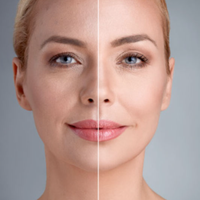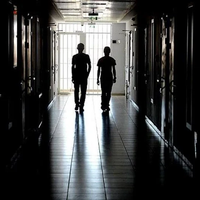Fear of happiness is called "cherophobia" in the psychological literature. This definition emerged from the combination of the words "chairo", which comes from Greek, and "phobia", which is derived from "Phobos", known as the god of fear in Greek mythology.
Expert Clinical Psychologist Cansu Karaman from LifeClub Health Services stated that cherophobia is a more common condition in Eastern cultures and said: “Happiness is a positive feeling that everyone wants to achieve. The state of mind that makes a person worry in the happiest times that something bad will happen to me or my happiness will be ruined is known as 'fear of happiness'.
This is very common in some cultures. For example; In Japanese culture, there is a belief that happiness will be followed by trouble and pain. In our country, there is a sentence that is often said: "He who laughs a lot, cries a lot." That's why many people may have negative thoughts such as "I'm so happy, something bad will definitely happen to me soon."
How to Understand?
Pointing out that people with cherophobia deliberately avoid being happy, Psk. Cansu Karaman listed the symptoms of the disease as follows:
People avoid situations that will create happiness or they worry that "something bad will definitely happen to me" after these situations.
People with cherophobia may tend to avoid positive thoughts.
They may turn down opportunities that they know will make them happy.
They may tend to avoid their social environment and activities.
What is the reason for this concern?
LifeClub Specialist emphasizes that past traumas are the main reason for the fear of happiness. Clinical Psychologist Cansu Karaman said, “Negative life experiences that people have had before or those around them may trigger this situation. For example; It can be effective for a happy person to have something bad happen to him or witness it right after his happiness. "This situation is related to the person's selectivity in perception," he said.
How to Deal with Cherophobia?
Psk. Cansu Karaman said that research on cherophobia has revealed that this situation negatively affects a person's well-being and explained ways to cope: “With Cognitive Behavioral Therapy, people's negative automatic thoughts need to be identified and new alternative thoughts need to be developed. If you are experiencing this situation and it negatively affects your functionality, definitely try to get support from a clinical psychologist.”



































